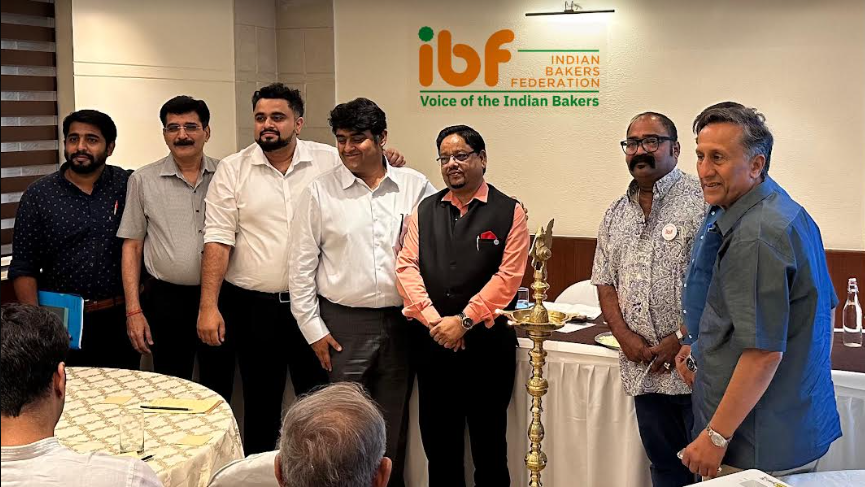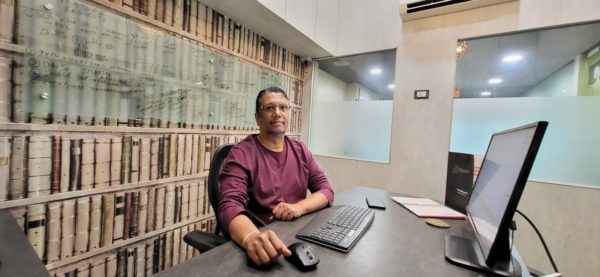Tanisha Saxena| IMAWS
In a recent event, the Ministry of Micro, Small and Medium Enterprises (MSME) had introduced the two leading schemes from the Government, viz. LEAN scheme and ZED scheme. Dr R.K. Bharti, Joint Director and HOO, Ministry of MSME, MSME Development & Facilitation Centre, explained this in an event organized by the Delhi chapter of the Indian Bakery Federation.
Dr Bharati began by recounting the humble beginnings of the MSME sector, dating back to the 1980s. He emphasized the challenge posed by India’s rich cultural and linguistic diversity, which made it difficult to address businesses through a single setup. He added, “Currently, there are 32 offices and 29 branch offices dedicated to developing existing businesses and supporting new startups. Our primary focus is on empowering unemployed youth.”
Dr Bharati highlighted the significant challenges faced in the early days when there was no internet or advanced technology. People would physically visit offices with their queries and grievances, often going from one office to another for even the simplest tasks, such as registering their factory with the MSME. However, today, everything is just a click away. The MSME portal is always active, allowing businesses to address their queries and needs by simply selecting the appropriate icon. This digital transformation has streamlined processes, making it more convenient and efficient for entrepreneurs to access essential services.
Dr Bharati emphasized the importance of unity in overcoming challenges within the MSME sector. He introduced two key schemes aimed at enhancing competitiveness. The first is the Lean scheme, designed to increase competitiveness by forming four heterogeneous clusters. The implementation cost is covered 90% by the government, leaving only 10% as the responsibility of the participating businesses.
“The second scheme is the ZED (Zero Defect Zero Effect) Certification, part of the MSME Sustainable initiative. This extensive drive aims to raise awareness among MSMEs about ZED practices and incentivizes them to achieve ZED Certification, ultimately encouraging them to become MSME Champions. The ZED Certification process helps MSMEs reduce wastage, increase productivity, enhance environmental consciousness, save energy, and optimally use natural resources, thereby expanding their markets,” he said.
Additionally, MSMEs are encouraged to adopt best practices in work culture, and standardization of products, processes, and systems to enhance their global competitiveness and sustainability. The ZED Certification not only assesses and certifies MSMEs but also provides hand-holding, managerial, and technological interventions to ensure comprehensive
improvement.
Dr Bharati also explained, “The Government of India’s Ministry of Micro, Small and Medium Enterprises (MSME) provides support for businesses participating in events like the Aahar Expo and other approved exhibitions. Through the PMS portal, participants can check eligible activities and events to receive subsidies. For example, a food association in Rohini recently participated in Aahar and received reimbursement through this scheme. The approval process is straightforward, requiring only five to six documents. Note that there is now a cap of 60 participants per event to prevent misuse, whereas it was previously open to more participants.”
He stressed, “Additionally, there are reimbursement schemes for Intellectual Property Rights (IPR) and barcodes. All information regarding these schemes can be accessed without visiting the office. Simply download the ‘My MSME app’ or visit the DCMSME website for details. The entire PMS process is now online, allowing you to upload invoices and required documents directly on the website to receive your subsidy.”













